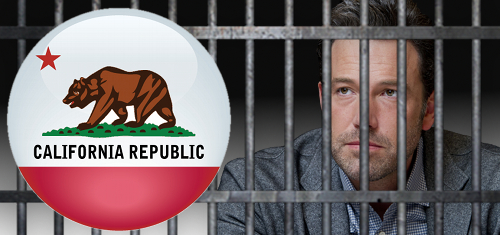 California’s new online poker bill has received the blessing of the usual suspects, while those who have traditionally stood opposed have yet to indicate any willingness to retreat from their line in the sand.
California’s new online poker bill has received the blessing of the usual suspects, while those who have traditionally stood opposed have yet to indicate any willingness to retreat from their line in the sand.
On Friday, Assemblymen Adam Gray and Reggie Jones-Sawyer filed a draft of AB 2863, the state’s latest attempt to authorize legal online poker play. The bill is largely similar to a revised draft of Gray’s AB 431 bill that was filed last month, although some of that draft’s fiscal specifics have been expunged.
The revised AB 431 specified a tax rate of 15% of gross gambling revenue and initial license fees of $15m, which would serve as a deposit from which monthly tax revenue would be deducted. Both these figures have been removed from AB 2863, likely due to pushback from stakeholders, who insisted that AB 431’s economics didn’t leave room for profits.
The most significant new detail of the revised AB 431’s has remained, i.e. the promise to funnel up to $60m per year of the state’s share of online poker revenue to state racetracks, on the condition that the tracks give up the right to join tribal casinos and state cardrooms in offering online poker.
It remains to be seen whether racing will accept this bribe. For one thing, there’s no guarantee that the tracks will receive anywhere close to $60m per year. The number is simply a cap on the sum the tracks could receive from a combination of state revenue and license fees, and that number will be hard to reach once the number of operator licenses reaches critical mass and those initial deposits dry up.
Like AB 431, there is no ‘bad actor’ clause in AB 2863, which leaves the suitability of online poker service providers a matter for regulators to determine. This may not sit well with the coalition of tribes led by the Pechanga Band of Luiseño Indians, which continues to insist that companies like Amaya Gaming’s PokerStars have no business diving into the state’s online poker pool.
The tribes that have struck an online partnership with PokerStars have already gone on record as supporting AB 2863. On Monday, the California Nations Indian Gaming Association (CNIGA) – which includes the Morongo Band of Mission Indians and San Manuel Band of Mission Indians – issued a statement saying AB 2863 met CNIGA’s principles of how online poker should be regulated.
Other tribes, such as the Rincon Band of Luiseño Indians, which has partnered with Caesars Entertainment for online poker, have also voiced support for AB 2863. But until there’s full tribal unity on the online poker issue, winning the required approval of two-thirds of legislators in both the Assembly and Senate will likely continue to elude supporters.
One new wrinkle in AB 2863 may prove troubling for poker players. Assuming the bill becomes the law of the land, international sites not holding a California license could face felony charges for offering services to state residents. Moreover, players who patronize such sites would face their own felony charges. Land of the free, huh?
